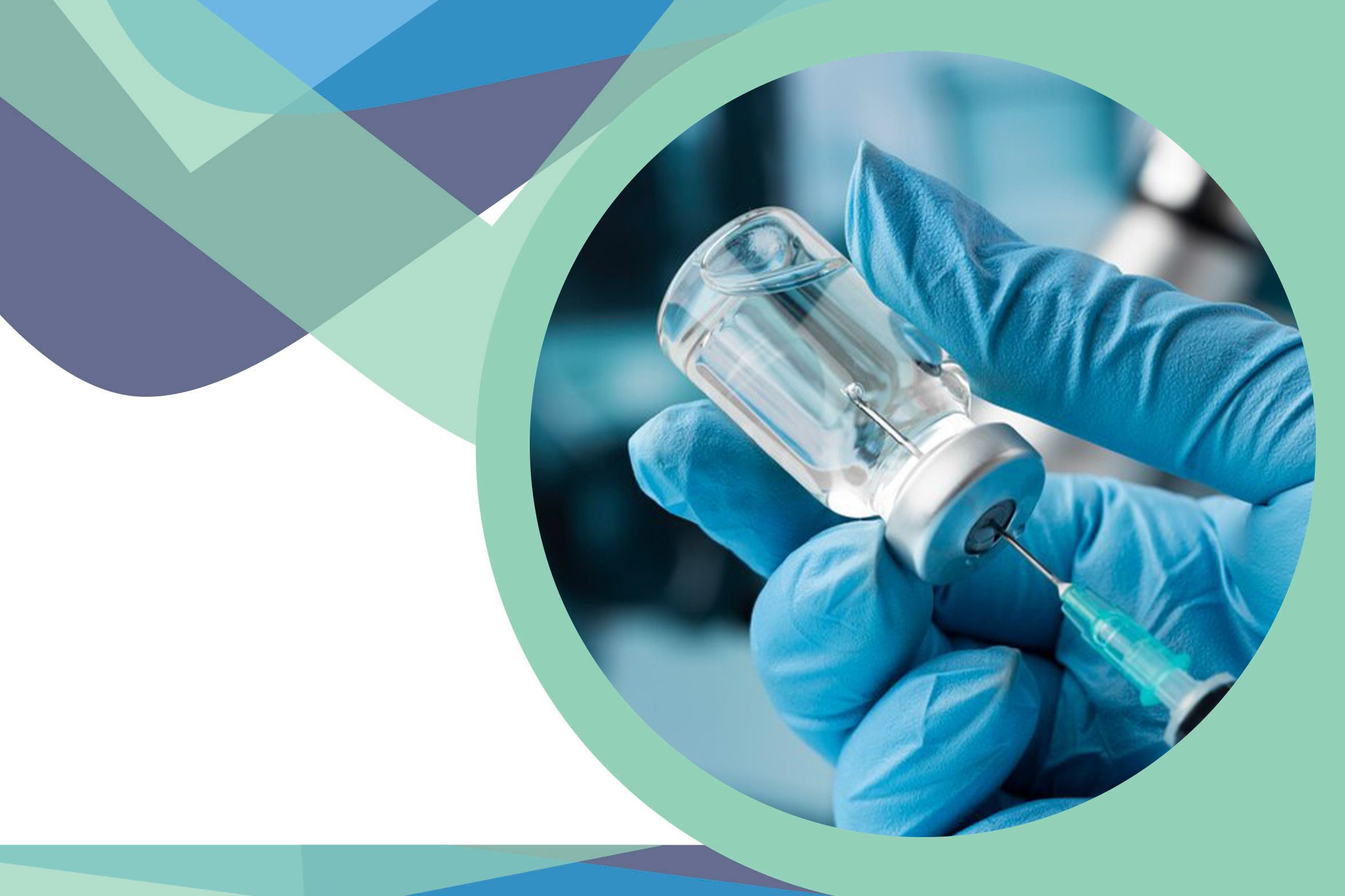March 4, 2024 - The Russian Ministry of Health has granted Nanolek approval to conduct a Phase III clinical trial of its human papillomavirus (HPV) vaccine in children and adolescents aged 9 to 17. This is a pivotal phase before the vaccine becomes available on the Russian market.
The vaccine offers protection against the four most common HPV strains (6, 11, 16, and 18) responsible for cervical cancer, other HPV-related cancers, and benign conditions such as anogenital warts. This will be the first domestically produced HPV vaccine in Russia. Currently, only international HPV vaccines are licensed and used in the country. The vaccine will be produced in the Kirov region at the Nanolek facility under Good Manufacturing Practice (GMP) standards.
Research on the Russian vaccine will be conducted at three federal research centers in Moscow, including the Sechenov First Moscow State Medical University, the Kulakov National Medical Research Center for Obstetrics, Gynecology and Perinatology, and the Petrovsky National Research Center of Surgery, in addition to the Perm State Medical University named after Academician Wagner, the Children's City Clinical Hospital No. 11 in Yekaterinburg, and Medical Technologies LLC in St. Petersburg.
The study aims to evaluate the efficacy and safety of the new quadrivalent vaccine in the target age group, compared to an American vaccine with a similar antigen composition.
The trial is scheduled to run from March 2024 to October 2025 and will enroll 402 volunteers.
In 2023, a Phase III clinical trial, involving adult volunteers aged 18 to 45, demonstrated the safety and efficacy of the Nanolek vaccine. Most participants developed antibodies against the four most common oncogenic HPV types targeted. The vaccine's good tolerability, safety profile, and potential efficacy have been confirmed by both preclinical and clinical research. These encouraging results have justified its trial in younger demographics. Cervical cancer, a major concern associated with HPV, is the leading cause of death among women of reproductive age in Russia and the second most common cancer among women under 45.
The World Health Organization (WHO) advocates for HPV vaccination as the most effective prevention strategy and specifically recommends it for adolescents aged 9-14 years before they become sexually active. Currently, HPV vaccination is part of the national immunization programs in 137 countries worldwide.
Russia plans to include HPV vaccination in its national immunization calendar by 2026. HPV vaccination programs are already underway in 58 Russian regions, according to Rospotrebnadzor.
Vladimir Nesterenko, CEO of Nanolek, highlighted the importance of introducing a new domestic HPV vaccine in Russia: "Our project stands out because it aims to expand the production capabilities of our Kirov plant, enabling us to produce the vaccine in a full cycle, including the active ingredient. This is a pioneering project for the country in the field of HPV vaccination."
Sechenov University will serve as one of the key clinical trial sites. As a leading clinical and research center, the Sechenov Moscow State Medical University plans to enroll at least 30 children, marking an important step in evaluating the effectiveness of the new domestic vaccine.
"The clinical trial of Russia's first domestic HPV vaccine for children and adolescents will take place at the Children's Clinic of the Sechenov Center for Maternity and Childhood," said Ekaterina Alexeeva, principal investigator of the trial, and director of the Filatov Clinical Institute of Child Health. She is also a corresponding member of the Russian Academy of Sciences, a professor, and holds a doctorate in medical sciences. "We are currently selecting participants aged 9 to 17 who are in good health. All children will undergo a comprehensive medical evaluation in accordance with the study protocol to minimize post-vaccination reactions before the trial begins."
Alexeeva further clarified that only those children whose health fully meets the study's inclusion criteria will receive the vaccine. The vaccinations will be performed on an outpatient basis, with the injection administered intramuscularly. The vaccination schedule will be adjusted based on the child's age.
"Vaccination against human papillomavirus is critical for all children and adolescents because it prevents HPV-related diseases, especially cervical cancer and other cancerous conditions," Alexeeva concluded.

